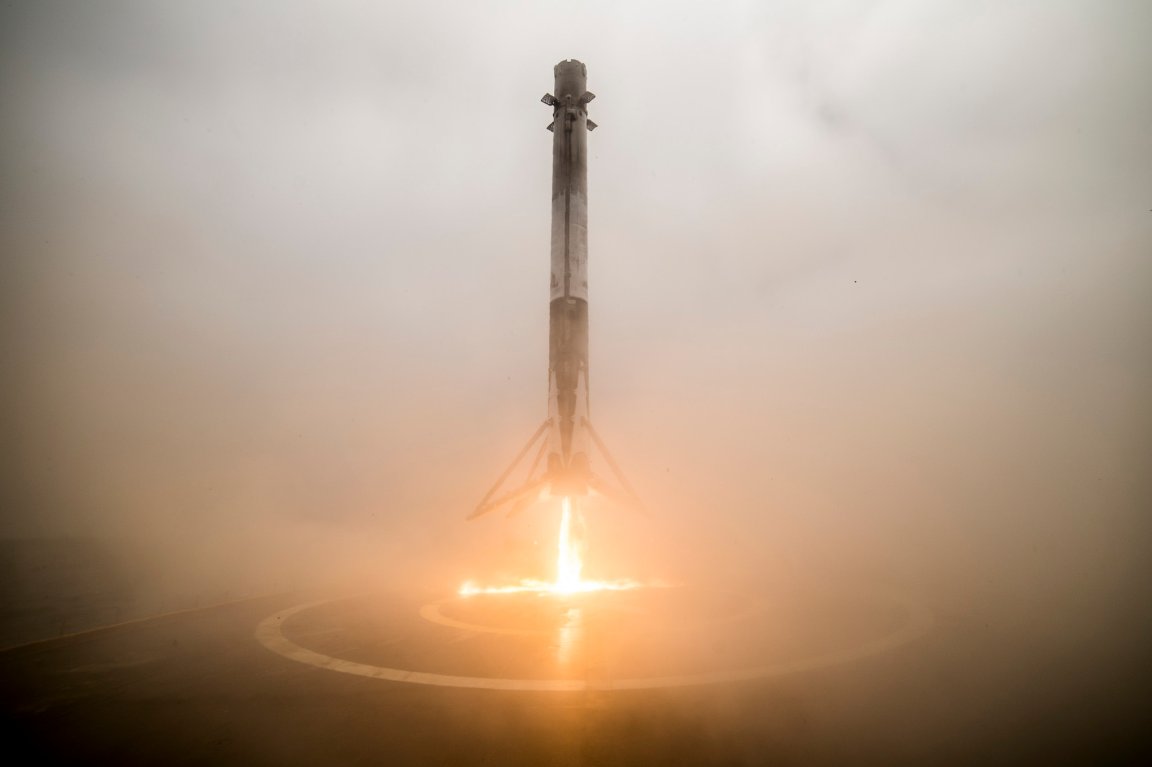
SpaceX by the Numbers
On Thursday, Elon Musk posted a graph on Twitter that compares the percentage of launches different parties invested in space have achieved worldwide. Musk’s company, SpaceX, is the leading horse in the race. He attributes SpaceX’s exponential rise successful launches to their innovative tactic of reusing rockets, stating:
Other orgs shd also develop reusable orbital rockets. If an airplane co had reusable airplanes, buying single use airplanes wd seem crazy. pic.twitter.com/OJotlGmPHt
— Elon Musk (@elonmusk) July 13, 2017
We can derive two main pieces of information from the graph: at this time, SpaceX has supplanted every other private and governmental space agency in the U.S. — an impressive feat considering the venture is entirely privately funded. Other major companies, like Boeing and Lockheed Martin, get billions of dollars in grants each year — despite a profound lack of launches, as Musk pointed out.
Worth noting that Boeing/Lockheed (“Other US” on chart) get a billion dollar annual subsidy even if they launch nothing. SpaceX does not. https://t.co/Mi27ZnYLRJ
— Elon Musk (@elonmusk) July 13, 2017
The graph also indicates that the last few years have been stellar for SpaceX: their market cap of launches rose from around 5 percent in 2013 to 45 percent in 2017 — an 800 percent increase over four years. And 2017 may prove to be their highest performing year yet, as the company beat its own record for most rockets launched, propelling nine into space thus far (compared to the six they launched in 2016). They also achieved a historic first when they successfully recycled a spacecraft.
A Space Revolution
Elon Musk’s achievements with SpaceX have shifted the paradigm of space travel. His work continues to demonstrate the illogical nature of only using rockets once, and provides a shining example of what can happen when a private company exceeds governmental space agencies. By doing so, he has taken the most significant steps of any company in history towards democratizing space, thereby making it more accessible to all of us.
With such a track record, there’s a fair amount of confidence moving forward in terms of the viability of his upcoming plans concerning space. Over the next few years — in addition to launching rockets with an ever increasing frequency — Musk plans to launch 4,000 satellites to provide the world with unilateral internet coverage, and continue work on his mission to terraform Mars (new and improved plans for which are reportedly coming soon).
Musk’s reach extends beyond space related ventures, though. Recently he announced via Twitter that he plans to build a lithium battery farm to solve South Australia’s energy problems — a project he vowed to complete in 100 days or it’s free of charge.